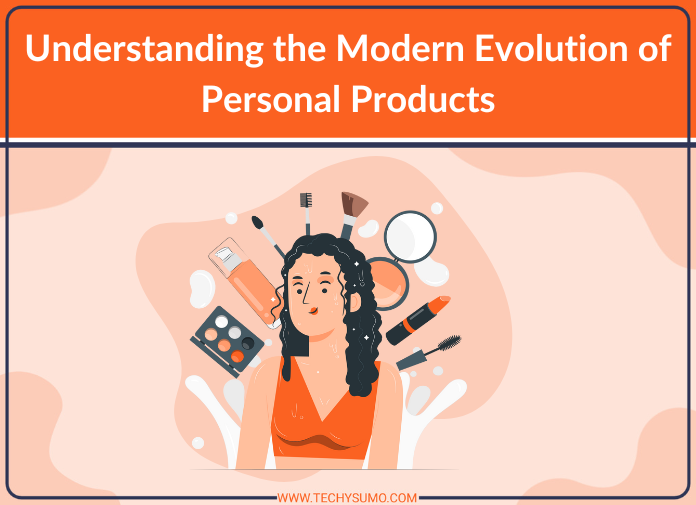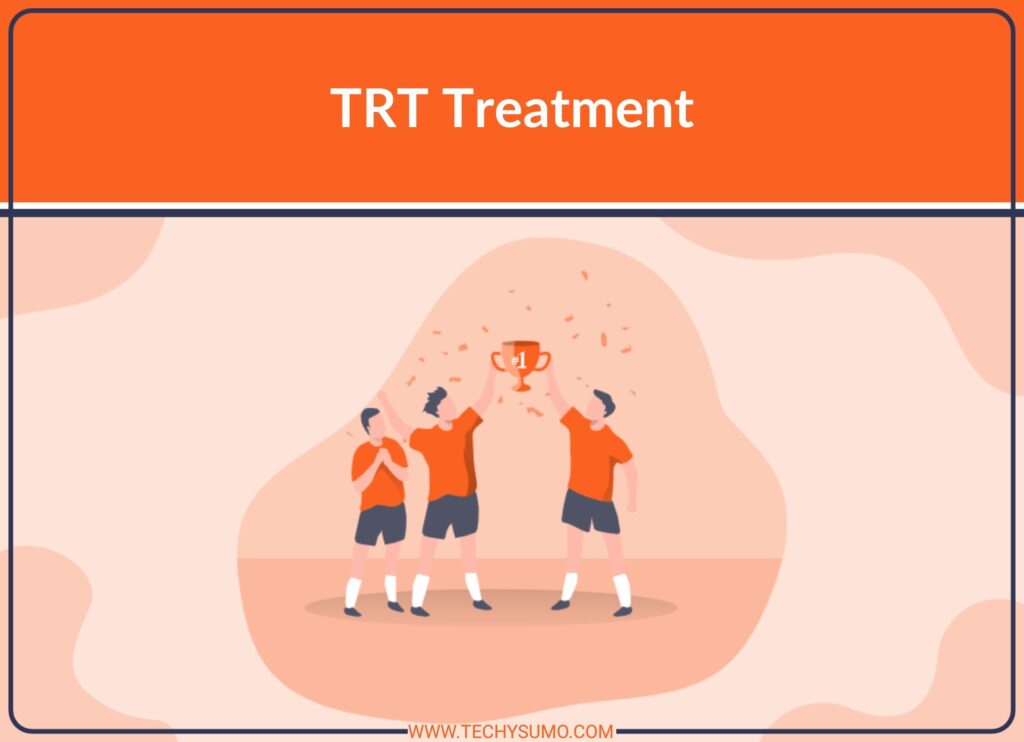In the past few decades, personal products have undergone significant changes. From skincare to personal hygiene, the landscape of items designed for individual care has evolved to meet the demands of a more conscious, health-aware, and technologically driven society. The shift in consumer values, growing awareness of sustainability, and the rise of wellness culture have played pivotal roles in this evolution. This blog will explore how personal products have transformed and what trends have shaped their current form.
Table of Contents
The Rise of Natural Ingredients
One of the most significant shifts in the personal products industry has been the demand for natural and organic ingredients. Consumers are increasingly aware of the potential harms caused by synthetic chemicals, leading them to seek out alternatives that are not only safer but also environmentally friendly. This movement is particularly evident in the skincare, haircare, and cosmetics sectors.
Brands have responded by formulating products with minimal, naturally sourced ingredients, often free from parabens, sulfates, and artificial fragrances. The result is a cleaner, greener approach to personal care that resonates with consumers who are mindful of both their health and the planet’s well-being.
In addition, many personal care companies now emphasize cruelty-free testing, ensuring that no animals are harmed during the development of their products. This approach has resonated with a new generation of conscious consumers who prefer ethical brands.
The Evolution of Personal Hygiene Products
Personal hygiene has also evolved to reflect a more modern understanding of both convenience and health. The hygiene product market now includes an array of innovations designed to improve cleanliness and convenience. From eco-friendly toothbrushes made from bamboo to natural deodorants that use plant-based ingredients, the hygiene sector has embraced change.
Also Read
For example, the rise of reusable products such as menstrual cups, cloth diapers, and sustainable razors is a direct response to environmental concerns. These products, while not new, are now being produced with better materials and designs, offering a more sustainable and practical alternative to traditional disposable options.
Moreover, the growing demand for hygiene products tailored to individual needs has led to an expansion of the market, offering more personalized options. Whether it’s choosing the right type of toothpaste, deodorant, or body wash for one’s specific skin type or preferences, customization has become a key theme in personal hygiene.
The Impact of Technology on Personal Care
Advancements in technology have also revolutionized personal products. The rise of smart devices and gadgets has brought innovation to skincare, fitness, and even hair care. Products such as smart toothbrushes, personalized skincare devices, and fitness trackers are now commonplace, offering users the ability to tailor their routines to their specific needs.
For instance, smart skincare devices are able to analyze a person’s skin type and deliver customized treatment, while fitness trackers help users monitor their health with precision. These tech-enhanced products offer an unprecedented level of personalization, allowing individuals to take control of their wellness in ways that were previously unimaginable.
In the vaping industry, technology has played a role in evolving nicotine delivery systems. One notable advancement is the development of salt nicotine (nic salt) solutions, which provide a smoother, more satisfying experience for those who seek an alternative to traditional cigarettes. Nic salt shot is an example of a product designed to offer a higher concentration of nicotine without the harshness that often accompanies regular e-liquids.
Sustainable Packaging and Ethical Considerations
Sustainability has become a crucial factor in the evolution of personal products. As consumers become more environmentally conscious, brands have been forced to reconsider their packaging practices. The demand for eco-friendly packaging has prompted companies to invest in recyclable, biodegradable, or reusable materials.
For instance, many beauty brands have transitioned to glass or aluminum containers as opposed to plastic packaging. This not only reduces waste but also aligns with the growing consumer preference for sustainability. In addition, the shift toward refillable packaging is helping to reduce the environmental footprint of personal products.
Ethical considerations, including fair-trade practices and transparency about sourcing, have also become central to the decision-making process for many consumers. Brands that focus on sustainability and ethical practices are likely to gain consumer loyalty in an increasingly competitive market.
The Rise of Wellness and Self-Care Culture
The wellness trend has been a significant driving force behind the transformation of personal products. Wellness is no longer just about physical health—it encompasses mental and emotional well-being as well. As a result, the personal products industry has adapted to meet the growing demand for products that promote relaxation, self-care, and mindfulness.
From bath bombs to essential oils, wellness products designed to enhance relaxation and stress relief have surged in popularity. At the same time, the growing awareness of mental health has led to products that cater to emotional well-being, such as journals, aromatherapy diffusers, and sleep aids.
This shift reflects the broader cultural movement toward self-care, which is now a mainstream practice rather than a niche activity. As people increasingly recognize the importance of taking care of their mental and emotional health, personal products that promote well-being are becoming an integral part of daily routines.
Personal Products for a New Generation
The modern evolution of personal products is also being driven by younger generations. Millennials and Gen Z are more inclined to seek products that align with their values, such as sustainability, ethical production, and inclusivity. These generations demand transparency and are quick to hold brands accountable for their practices.
Moreover, social media has given rise to the “influencer” culture, where personal products are often endorsed by celebrities or social media personalities. This has made product discovery easier than ever, as people turn to platforms like Instagram and TikTok for recommendations and reviews.
These trends point to a future where personal products are more personalized, sustainable, and ethically produced. As consumer preferences continue to evolve, brands will need to adapt and innovate to remain competitive in a fast-changing market.
Wrapping Up
Whether it’s through smarter skincare routines, eco-friendly packaging, or the integration of technology into personal care, the modern personal product market reflects a broader shift toward more conscious, health-focused, and environmentally aware choices.






